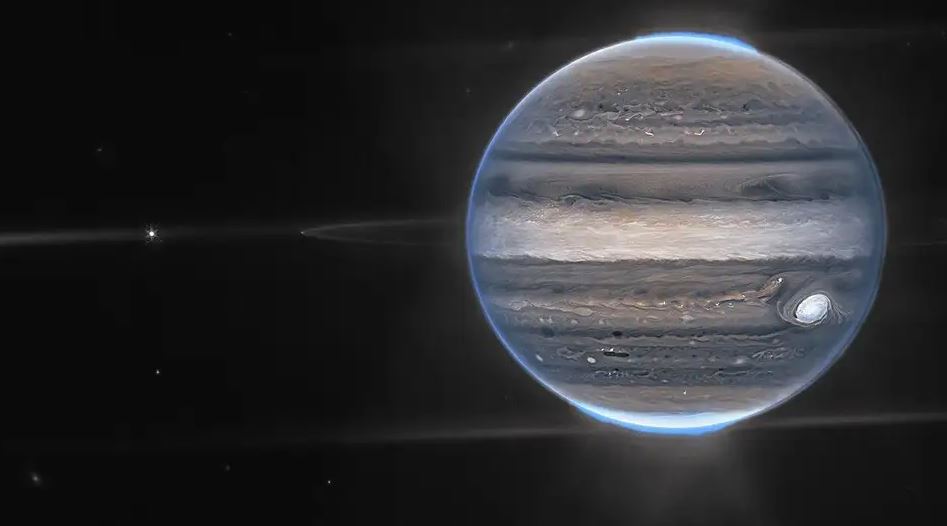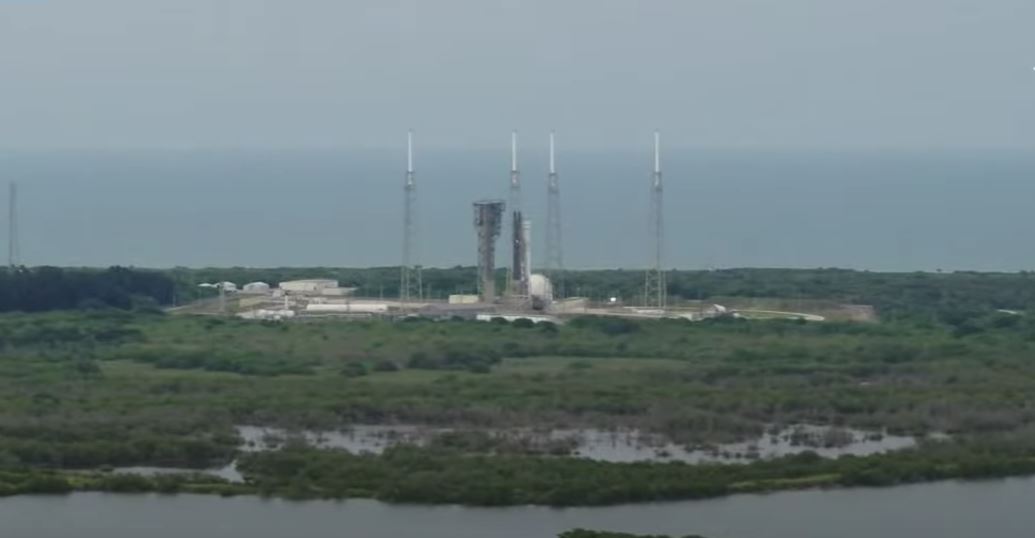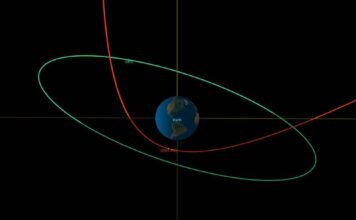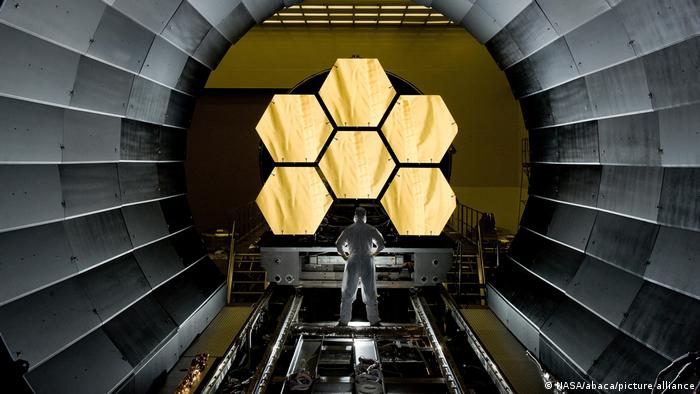The long-term dangers to humans of leaving Earth and going into space are starting to become clear, and so far none of the research answers are good.
A new study by a team at the Icahn School of Medicine at Mount Sinai in New York shows that even on a relatively short spaceflight, crew members experience damaging DNA mutations that may increase their risk of developing cancer or heart disease throughout their lives.
The team studied 14 astronauts (mostly male, with an average age of 42, six of whom were first-time space missions) who flew back and forth on rockets between 1998 and 2001,
Blood samples were collected 10 days before the flight and on the day of landing, and were stored at -80°C for 20 years.
Using DNA sequencing analysis, the researchers identified DNA mutations called somatic mutations in the hematopoietic system.
In depth, the researchers found 34 mutations in 17 replicative hematopoiesis (CH) driver genes, with the most common mutations occurring in TP53 (a gene that produces tumor suppressor proteins) and DNMT3A (the most common gene in acute myeloid leukemia).
Such mutations are usually caused by environmental factors, such as exposure to ultraviolet radiation or certain chemicals. It may also be a side effect of cancer chemotherapy and radiotherapy.
Most patients are found to be sick only after blood samples or other disease genes are checked. Although not an indicator of disease, it is associated with a higher risk of cardiovascular disease and blood cancer.
Although the observed size was relatively small, the fact that these mutations appeared was surprising considering the astronauts’ relatively young age and health.
Many factors can lead to somatic mutations. The biggest threat to astronauts is high-energy radiation in space. With the rise of commercial space exploration and the launch of longer-term space missions (such as trips to Mars), we need to pay more attention to the astronauts facing potential health risks. We also wrote an article about how space travel can affect the kidneys and cause kidney stones.
The new paper was published in the journal Nature Communications Biology.





